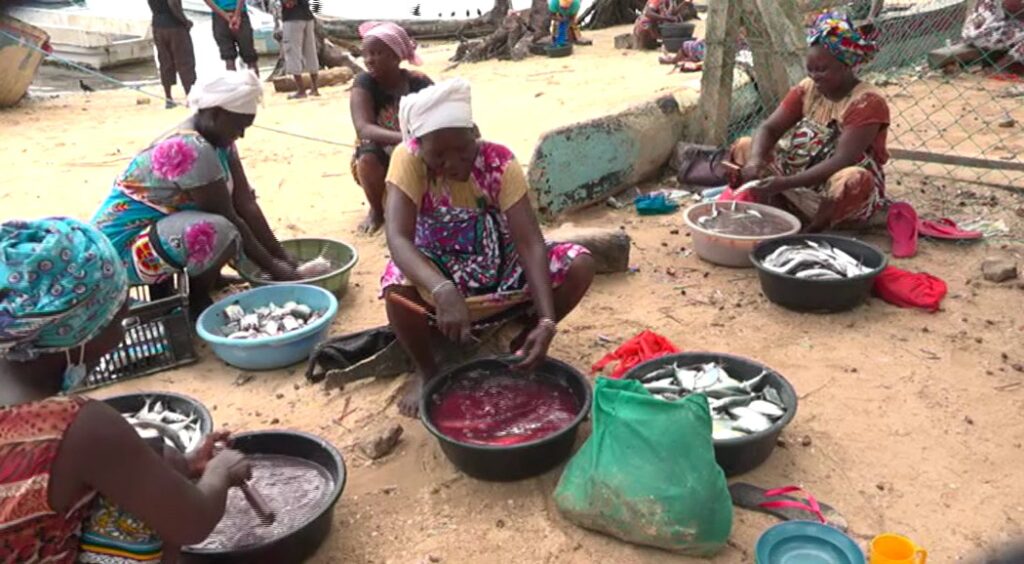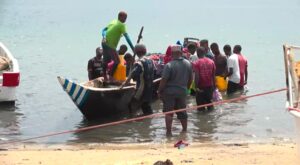By FLORA AWINJA
Fishing is one of the economic mainstays that of the coast region residents depend on.
Residents in the region who engage in the business as fishermen and fish mongers have been receiving civic education on how to plan their families.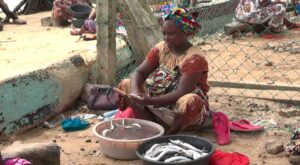
This is in a bid to enable them to fend for smaller family units from the income generated by the business which earns them little income.
At the Kilifi Central fish landing site, we find Elina Tatu and her colleague fish mongers preparing some fish they have just got from the fishermen ready to take to the market.
She gave birth to her children in quick succession due to lack of proper knowledge on family planning methods.
“I had not received any sensitization on matters of family planning. I could give every year from 2001 to 2006” she says.
Tatu was always caught unaware by a new pregnancy.
“After giving birth and staying like six months, I would notice that I am not receiving my monthly periods only to find out that I am pregnant again” she adds.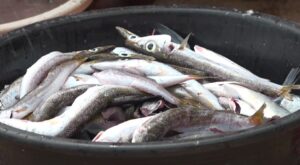
The ministry of health and World-Wide Fund for nature (WWF-Kenya) have been running a partnership program dubbed Population Health and Environment (PHE) to sensitize those in the fishing sector on the importance of healthy living and environment conservation.
Tatu and her peers have now learnt about various methods of family planning that have made them raise a few children that they can take care of without much hurdles.
She says she is now educating the young generation on the need to have a manageable family unit.
Kilifi Central Beach Management Unit (BMU) chairman Henry Chiro says they have been spreading the message especially to the members of their association who in turn spread it to the community.
“Now we won’t give birth anyhow because through the education I received I can also teach others on family planning to sensitize on giving birth to a family you can take care of “says Alice Kazungu, another fishmonger.
This program also creates awareness on conservation of the marine environment that is a business hub to the residents living close to the shores.
WWF-Kenya’s Marine Program coordinator Lily Mwasi says the targeted beneficiaries develop interest when the PHE issues are brought in one platform.
“They will gain interest because they are concerned about all aspects of their health, they will continue to take care of their environment when they are in perfect health” She notes.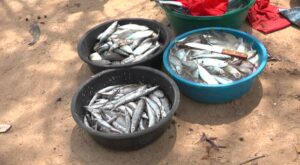
Kilifi Central PHE chairperson Rukia Pamba says that the program targets both men and women in the sector and their spouses.
“If both husband and wife are sensitized and are in good health their homes will also be healthy. The man should not leave the burden of family planning to the wife and impregnate her every now and then” she says.
According to Stella Gwendera, a reproductive nurse, the sensitization is key since the resources they depend on remain constant.
“They are supposed to plan their families so that the resources they have at their disposal is enough to take care of their needs” she adds.


